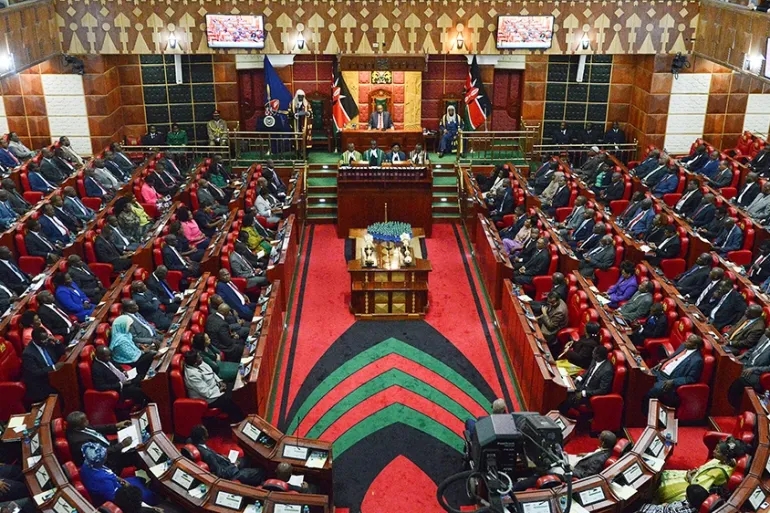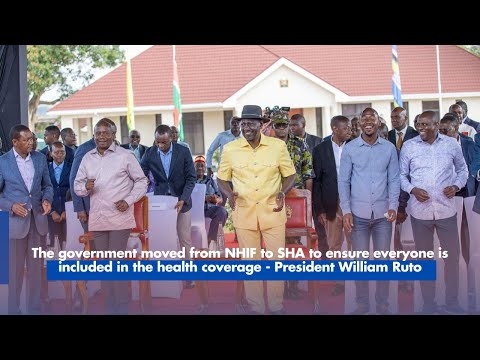The Ministry of Health has begun distributing mosquito nets to households in Tana River in an effort to combat malaria.
The exercise seeks to distribute 280,004 mosquito under the principle of every net for two individuals.
The aim is to ensure all households living in malaria-risk areas have one net for every two household members that will ultimately contribute towards reducing the burden of malaria in the country.
Galole is expected to receive 78,853 nets, Bura 102,664 and Garsen 98,487.
Public Health Permanent Secretary Mary Muthoni warned against sale of the nets by unscrupulous individuals.
The PS called on the national and county administration, and residents to be vigilant to avert such malpractice.
“I would like to emphasise that the nets are for human use to protect themselves against mosquito bites. Any use contrary of this is highly discouraged,”Muthoni said.
She also advised residents against improper use of the nets, or failure to use them, instead storing them to "wait for visitors".
“Let us not use the nets for fishing, or warding off birds from the shambas or protecting chicken and small animals as has been done earlier on,” the PS said.
Community Health Promoters have been tasked with checking on proper use of the nets by visiting households.
Kenya has made progress in combating malaria through the implementation of several interventions, including mass net distribution campaigns.
The mass long lasting insecticide treated nets campaign, adopted from the World Health Organisation, is held every three years in-order to set Kenya in the path towards elimination of malaria.
Free routine distribution of nets to pregnant women and children under one year at all public health facilities (child welfare clinics and antenatal clinics) countrywide has also been accelerated.
The effort has seen a reduction in the prevalence of malaria by more than 50 per cent and a significant decrease in the number of new malaria cases in the last decade.
The ministry has also continued to provide prompt malaria diagnosis and treatment through microscopy and the use of rapid diagnostic test kits and medicines at all public and faith-based health facilities. Testing and treatment for malaria is free.
“Despite the tremendous investment in malaria, the uptake of malaria interventions at the community and household levels remains below target,” the PS said.
The current prevalence of malaria in the country is at six percent.
Lake endemic, highlands epidemic-prone, coastal and some parts of the country still have higher prevalence of malaria. The ministry has identified 22 key counties with high burden, where 15,297,014 nets are being distributed.
In Africa, three countries have eliminated malaria; Algeria, Mauritius and Cape Verde.













